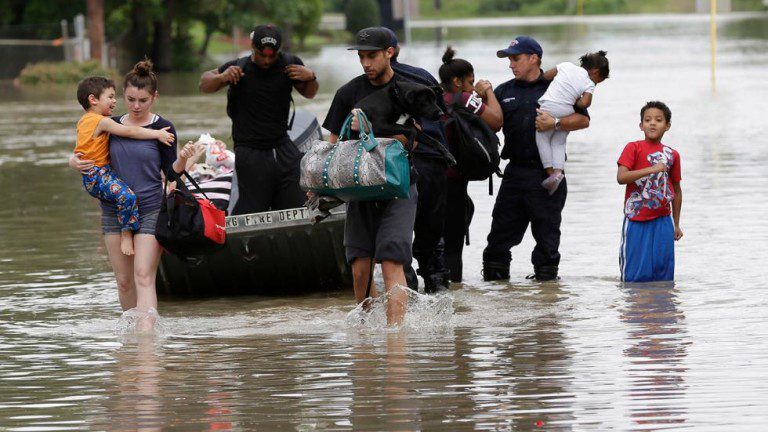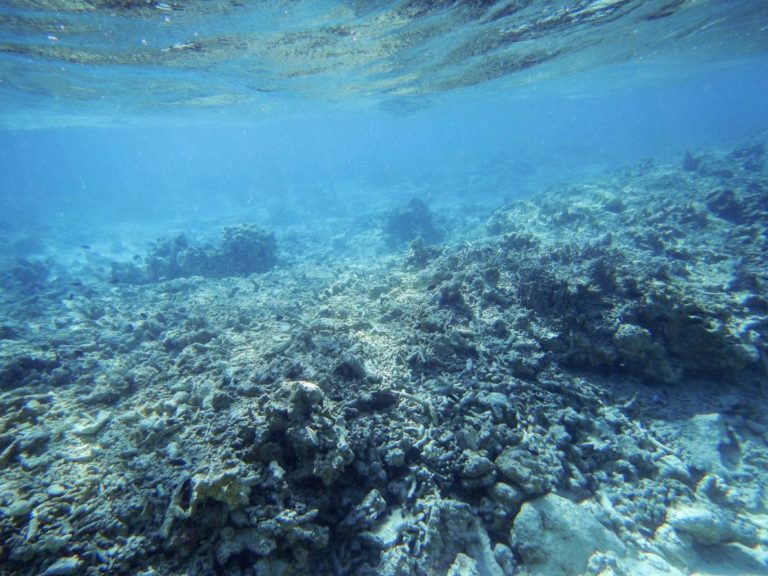It occurs to me after watching the world struggle with the issues of a changing environment, energy shortages, and global food security that nobody really seems to know what they are doing and not enough is getting accomplished. In this article, let’s examine the problem of what is currently being done incorrectly and why, and in next month’s issue of the ECOSEED Bridge we can look at some of the solutions to turning this around.
 When we examine current policy and the actions that are being brought to bear on the global issues of environmental degradation and resource depletion certain truths become apparent. There is a lot of talk, detailed statistics are studied and discussed, conferences are held, and money appears to get thrown around on projects conceived more out of hope and short term profit than logic. In the end no one seems to agree on anything and very little gets accomplished. Don’t get me wrong, there is a lot of good intention, but in the end there is practically no coordination of efforts, no plan, and no agreed to strategies that have any chance of accomplishing anything substantial (See the Kyoto Accords and Copenhagen Conference). And please… do not put forth the argument that the pittance of projects currently in development, or all the grand plans that get bandied about by governments worldwide have the slightest chance of working. They don’t. The reality is the clock is ticking. We are running out of fuel. We are running out of food and water. We are drowning in garbage and poisoning our planet with pollutants. And to top that all off, we will soon be running out of money and won’t have the necessary resources to pay for these grand plans.
When we examine current policy and the actions that are being brought to bear on the global issues of environmental degradation and resource depletion certain truths become apparent. There is a lot of talk, detailed statistics are studied and discussed, conferences are held, and money appears to get thrown around on projects conceived more out of hope and short term profit than logic. In the end no one seems to agree on anything and very little gets accomplished. Don’t get me wrong, there is a lot of good intention, but in the end there is practically no coordination of efforts, no plan, and no agreed to strategies that have any chance of accomplishing anything substantial (See the Kyoto Accords and Copenhagen Conference). And please… do not put forth the argument that the pittance of projects currently in development, or all the grand plans that get bandied about by governments worldwide have the slightest chance of working. They don’t. The reality is the clock is ticking. We are running out of fuel. We are running out of food and water. We are drowning in garbage and poisoning our planet with pollutants. And to top that all off, we will soon be running out of money and won’t have the necessary resources to pay for these grand plans.
That is the key really. It all eventually comes down to money and a plan. If you have the money, you can pay for all the infrastructure improvements and new technology development that is needed. You can support the training and education that will power those efforts. You can pay salaries and promote economic development, which is just the thing that is needed to support the continuing cost of becoming sustainable.
If you have to give money away to support and promote sustainability, or you invest in the wrong projects repeatedly that do not create adequate profits, the pool of money that you use to address these issues keeps getting smaller. Eventually your pool of money runs dry. This is a direct result of our core inability to maintain a sustainable economy in the first place so that we can support this process based on our managing our resources efficiently. That in the nut shell is the current reality of global economics no one seems to be able to face or come to terms with. We need to wake up.
Logic dictates that there needs to be some sort of plan. It should be carefully coordinated and considered, encompassing a complete solution of managing our existing resources. In addition it must provide the infrastructure improvements necessary to deal with the needs of our overwhelmingly large global population. All supportive entities should be able to contribute what they do best, but with the understanding that they are part of the solution and not the solution. Any plan must include education, training, and it should empower local populations to manage their own needs. Also and most importantly, it needs to be profitable and it has to include everybody. Without global cooperation we are spinning our wheels. Human nature will not allow for one country or a group of countries to fully commit to a plan of action while their neighbors cheat on their behavior and undue their efforts. Additionally the positive results and profitability potential must be shared equally by equal empowerment so no one country or region is at a competitive and strategic disadvantage in addressing their challenges. There must be no finger pointing or perceived inequity between cooperating entities to have a reasonable chance at regional compliance. Human nature has to evolve if we are to be successful. This may be our single greatest challenge.


All you have to do is look at the cast of characters to understand the problem.
Governments want solutions (so they claim), but they do not have the money to pay for the projects, nor do they have the will to get done what needs to get done. You can add to that the complete lack of scientific expertise and macro vision required to understand the complexity of what has to be coordinated, or the patience required to fully comprehend the issues, and it is perfectly understandable why they have failed us so miserably. Our governments tend to see potential solutions as direct line propositions connecting point A to point B. That level of naivety and the inability to understand the intricate co-dependence of sustainable infrastructure development is a standard short coming with current national policies. Besides, most politicians are more interested in staying in office rather than doing what is needed, but might be unpopular with the voting public. The result is they fund highly visible projects using the wrong technologies that sound good but accomplishes little. And if that is not enough, they then pass legislation that imposes unrealistic restraints on businesses that hamper their ability to produce profits thus undermining the economic development key to funding these improvements.


Tech companies are committed to their specific technologies right or wrong. They will sell solar panels to miners because that is what they have to sell to stay in business. They may have a valuable application which is perfect as part of the solution, however, the reality is there is no one single magic bullet that can address all our challenges. Technology developers are great at calculus, but the day to day pragmatics of cost, pricing, IP protection, competitive positioning, branding, technology development funding, market development and distribution are languages they are ill equipped to deal with. They can figure out how to land a space vehicle on the surface of Mars, but are confused over the process of ordering a burger at a takeout counter of a fast food restaurant.


Educators, as well as research and development scientists like to teach and do what they know best. They tend to look at the entire issue of environmental and resource mismanagement from whatever discipline and perspective that earned them their Doctorate or Masters Degree. It is rare to find anyone on the academic level who understands all the science, politics, cultural issues and economics involved with sustainable development. This makes them wonderful contributions to the bigger solution, but leaves them ill equipped for understanding the wide swath of subjects they need to be versed in to give good direction as to what we generally need to do to mitigate our current dilemma.


Sustainability must work on its own, grow on its own, support itself with the built-in ability to endure and grow naturally. There must be a plan. As long as we rely on subsidies and philanthropy as the means by which we re-establish our sustainable balance on this planet, we are ultimately doomed. This lack of strategy insures we run out of sufficient monies way before we have fully addressed these essential challenges. The simple answer is that everything must work together and their needs to be a singular general vision that incorporates the best efforts of all the contributing parties….but that discussion is for next month.





